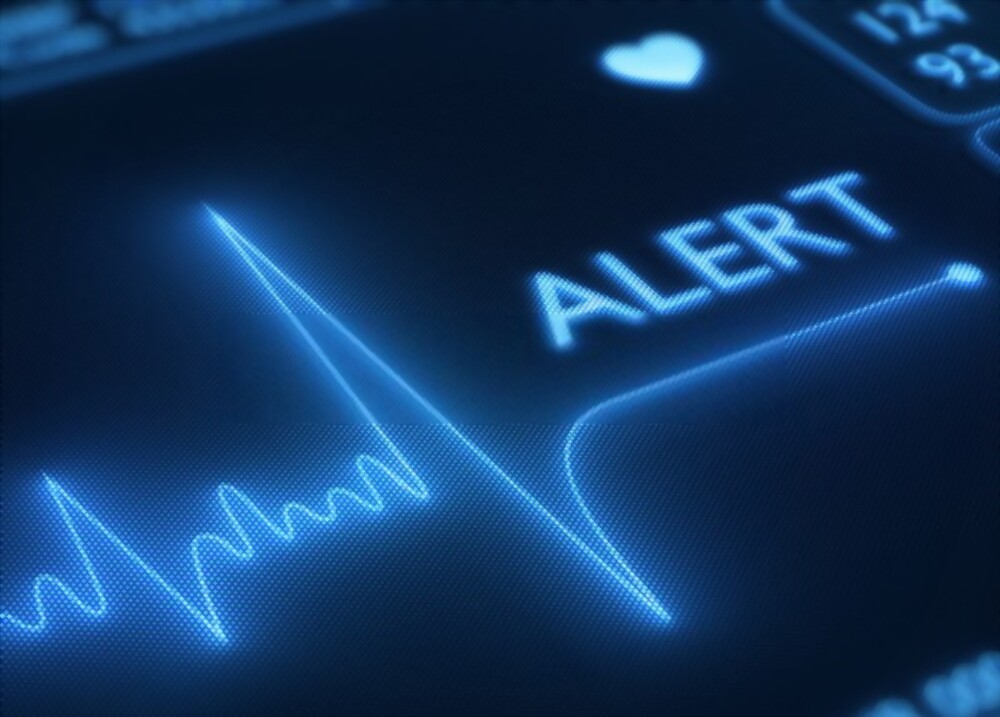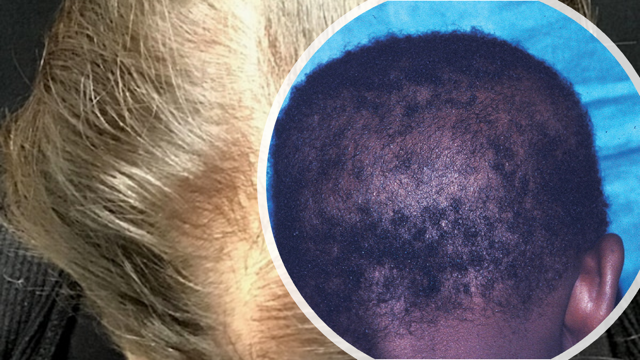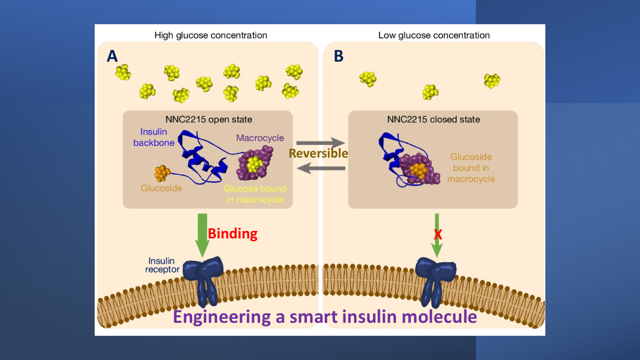Symptoms you should not ignore
Which health symptoms do you think would make you visit a doctor’s office? Sometimes things happen in our bodies that seem minor, and easy to dismiss.
However, some of these are health warning signs and should be evaluated by your healthcare provider, so they can be effectively be treated before they turn into more serious problems. Pay attention to these medical symptoms you should never ignore.
Join our WhatsApp ChannelRapid weight loss:
Weight loss is to be celebrated if you have been working out every day, eating healthily to try and lose weight, or following a specific diet. But if you are just sitting around, not doing much, eating what you normally eat, but your weight seems to be falling off, please consult your doctor to evaluate.
Unexplained weight loss could be a sign of stress, depression, infection, cancer, a digestive disorder, or a side effect of some medications (such as fluoxetine etc
Shortness of breath: Intense chest pain or a sense of heaviness in the chest can be a sign of a heart attack, especially if accompanied by sudden, severe left arm pain. These are classic symptoms for men. Women’s heart attack symptoms may be different or subtler. While they may have chest pain, it might be intermittent.
Women also are more likely to have back or jaw pain, pain in their right or left arms, shortness of breath, nausea and vomiting. an emergency room if you have heart attack symptoms
Persistent fever:
Most of us get fevers from time to time, as our bodies fight infection. However, if you have an exceptionally high fever (37.5°) or a fever that persists for at least three days, see your doctor. Fever also can be a symptom of COVID-19, so contact your physician, especially if you have other symptoms, like a cough or headache. Night fevers, accompanied by night sweats, can be an early cancer warning sign, so report these to your doctor, too.
Chest pain:
Intense chest pain or a sense of heaviness in the chest can be a sign of a heart attack, especially if accompanied by sudden, severe left arm pain. These are classic symptoms for men.
Women’s heart attack symptoms may be different or subtler. While they may have chest pain, it might be intermittent. Women also are more likely to have back or jaw pain, pain in their right or left arms, shortness of breath, nausea and vomiting. get to an emergency room if you have these heart attack symptoms. ave difficulty moving your legs or arms, especially on one side of your body, you could be having a stroke. Other signs include facial drooping, also on one side of your body; difficulty talking; confusion; trouble seeing out of one or both of your eyes; and dizziness or loss of balance. You may also have a sudden, severe headache.
These are serious health symptoms that merit immediate emergency care.
Skin changes:
Your largest organ is your skin, and it can reflect the state of your health. If you notice your skin—especially your fingertips—has a yellow appearance, this can be a sign of jaundice, which can indicate post⁶ible liver or gallbladder problems. See your doctor if you have this symptom. Other skin changes you should never ignore include large, rapidly growing, bleeding or otherwise unusual skin lesions or lumps, as well as suspicious changes to existing moles. Contact your primary care doctor or dermatologist to check out skin symptoms as soon as possible.
Abdominal pain:
See your doctor if you have severe or persistent abdominal pain, which can indicate serious health problems, such as appendicitis, intestinal blockage, gallstones, and a host of other conditions. Other warning signs that mean it’s time to see the doctor include diarrhoea lasting more than three days; black, tarry stools; blood in your stool; and heartburn that persists or worsens, even after you take medication for it.
Headaches :
If you are accustomed to not having headaches and start having them regularly, it may be a sign of something wrong. People tend to not seek medical care for headaches until the headaches start to interrupt their daily life. What you want to look out for is a recurring headache that is more prolonged.
It might start as a low-grade headache that gets worse over the course of weeks or months.“It could just be stress, but we would worry about something more serious, “Particularly if you start seeing other symptoms, like numbness or weakness.
Serious illness does not go away by itself, and with a lot of medical issues, the earlier you get treatment, the better your chances are for a positive outcome. So, if you are experiencing any of the above symptoms, schedule an appointment with your primary healthcare physician.
Thank you for reading.
Dr kelly

















Follow Us